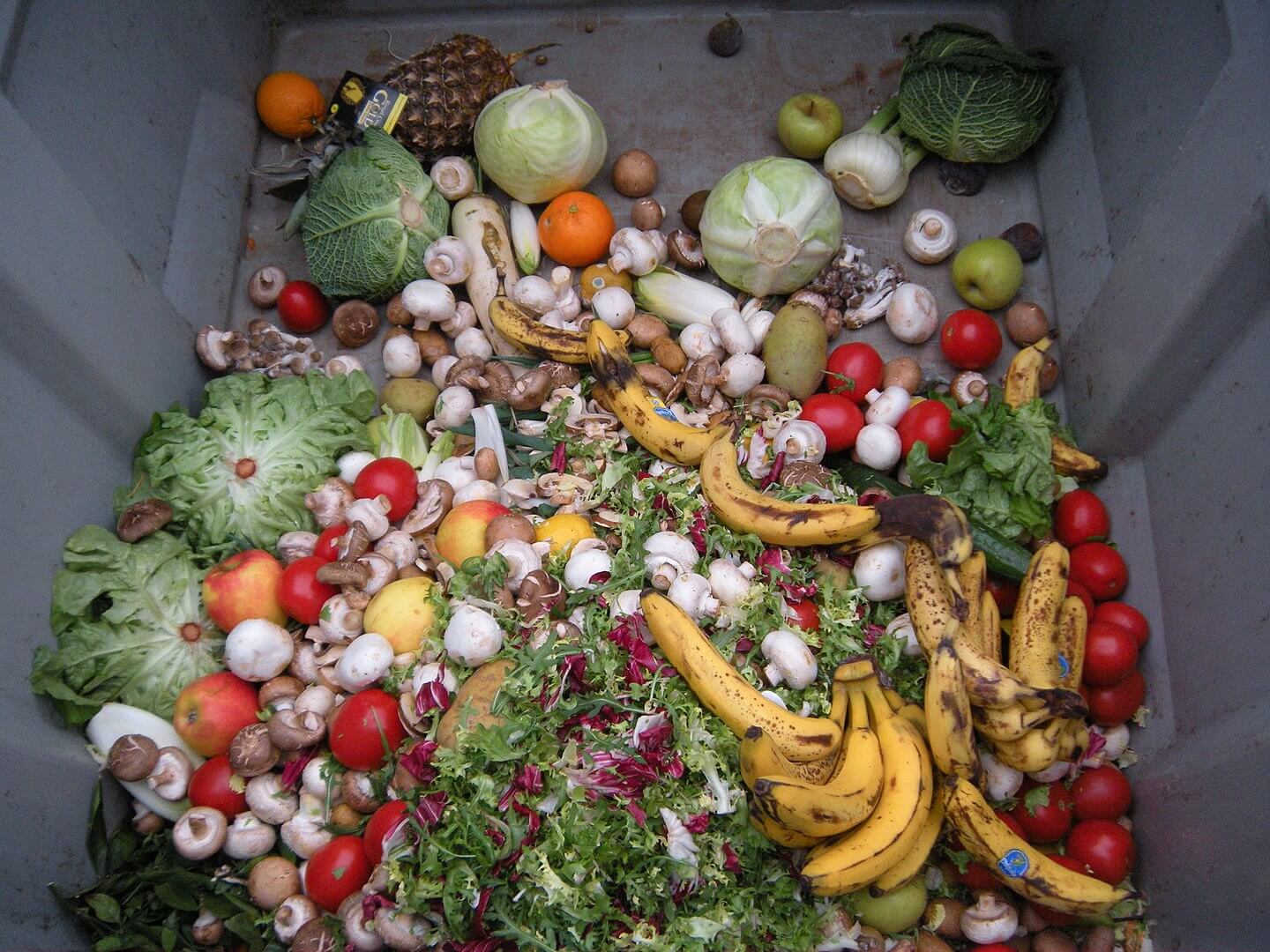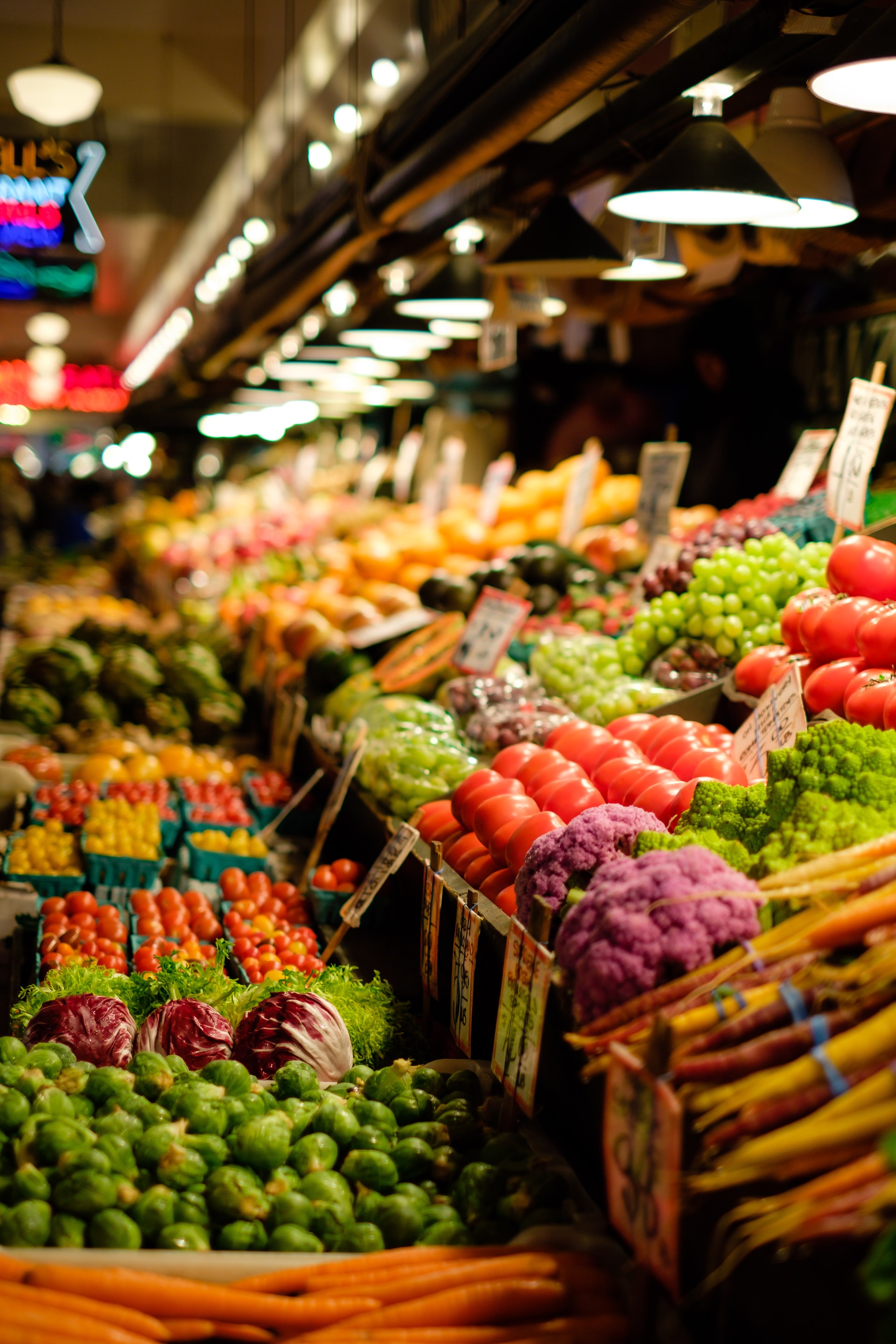
- Sustainable Planet -
- 5mins -
- 963 views
Spain’s government approves pioneering law against food waste
Spain becomes the third EU country to legislate against food waste, so as not to throw away almost 1.4 million tonnes of food annually.
Spain fights food waste With legislation
On Tuesday 7 July 2022, La Moncloa, the official site for the President of the Government of Spain and the Council of Ministers, issued a statement to the effect that they had agreed to submit to Parliament the Draft Bill on the Prevention of Food Loss and Waste, the first regulation on this matter to be enacted in Spain, with the aim of preventing the discarding of unconsumed food and encouraging better use made of it.

Draft Bill on the Prevention of Food Loss and Waste
The Minister for Agriculture, Fisheries and Food, Luis Planas, highlighted both the pioneering nature of the future Law on the Prevention of Food Loss and Waste in the EU – only France and Italy have similar regulations – and its timeliness, not only because hunger and malnutrition still exist in the world, but also because "we are currently talking about a potential food crisis and the need for food production in the world".
Food wastage, Planas pointed out, is an inefficiency in the food chain, wherein 20% of food is wasted. To reduce this percentage, it will be mandatory for all elements of the chain, with the exception of shops of less than 1,300 square metres, to have a specific plan. The law also imposes other obligations, such as catering establishments having to make unconsumed food available for customers to take away on request.
Planas stressed that of the 20% of losses along the chain, 40% occur at retail or household level, which is why raising social awareness of the problem is one of the pillars of the new law. During 2020, Spanish households threw away 1.4 million kilos/litres of food, an average of 31 kilos/litres, amounting to 250 euros per person per year.
The text also regulates donations to food banks, establishing that only food that is within the preferential consumption period, i.e. within the period in which all its characteristics are effectively in force, can be donated.
Source: LaMoncloa.gob.es

all actors in the food chain will have the obligation to have a plan to prevent loss and waste
The background is that the problem of food waste not only entails an economic cost and resources wasted by producers, distributors and consumers; but also ethical, social and environmental. To minimise both impacts, the law aims to establish a model of good practices to drastically reduce food waste with actions throughout the chain, from harvest at source to consumption habits in homes and in catering.
The steps of consumption
The law will establish a hierarchy to prioritize the use that must be made of food before it is wasted by companies. The first is human consumption. Therefore, producers and distributors must prioritize the donation to non-profit social entities, such as food banks, of those products in good condition that have not reached direct sale to the final consumer.
Planas explained that, "from the first version of the Law, to the one finally approved by the Council of Ministers," it has been modified that only products that are within the indicated dates of preferential consumption can be donated to food banks.
The second step of this hierarchy, for foods not sold but that still have optimal consumption conditions, is its transformation into other products, such as juices or jams. And, if these two options are not possible, they will have to be used for animal feed.
Only if it is not valid for people or animals, will food have to be used as by-products for other industries; and ultimately, already as waste, for obtaining compost, biogas or fuels.
Apart from these different steps, all actors in the food chain (producers, manufacturers and distribution) will have the obligation to have a plan to prevent loss and waste, which must include the previous hierarchy of priorities, on what the products they make and handle should be used for before throwing them away. At the moment, the Executive has not indicated when companies will have to have developed this waste prevention plan, but it will not include retail stores of less than 1,300 square meters.

Sanctions and demand for differentiated spaces in stores
The demand to reduce food that ends up in the trash is in line with the Sustainable Development Goals, the United Nations and the 2030 Agenda. Precisely when talking about the food that ends up in the container, Luis Planas said in an interview with elDiario.es that FAO estimates that between 20% and 30% of world food production is thrown away.
"It is an unbearable figure because there are products that are in good condition," Planas said. "There is loss and waste in primary production, handling, distribution and consumption. The most expensive food is the one that is thrown away, because it is a wasteful product environmentally, economically and morally," he stressed.
The project also contemplates a sanctioning regime, which establishes different types of infractions, from minor to very serious. The first will apply if the hierarchy of use of food is not carried out, or production companies, shops and supermarkets or bars and restaurants do not donate food to non-profit entities. These light penalties can reach €2,000 ($2104).
If they are repeated, they will be considered serious, as will they be if it is detected that the agents of the chain discriminate against the distribution of food, either on the basis of nationality, gender identity, religion or ethnic origin, among others. These serious sanctions will reach €60,000 ($63k)
Finally, if the previous sanctions are repeat offenders, they can be considered very serious and reach a fine of up to €500,000 ($526k)
Source: ElDiaro.es


